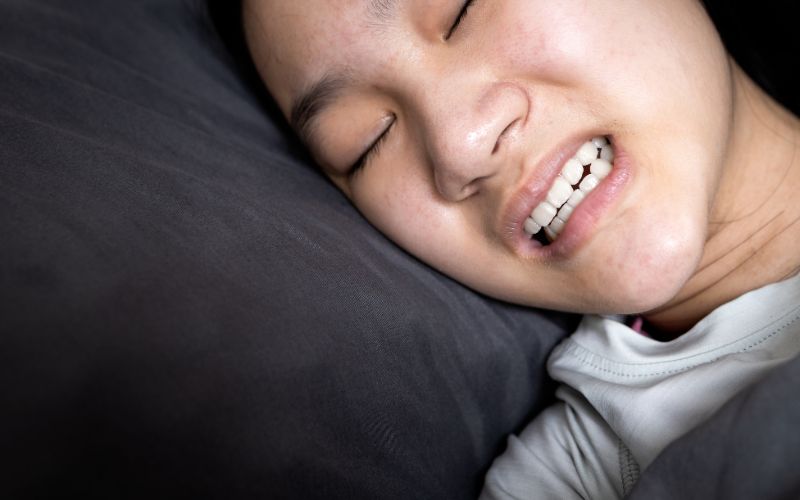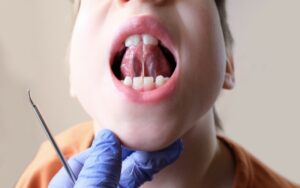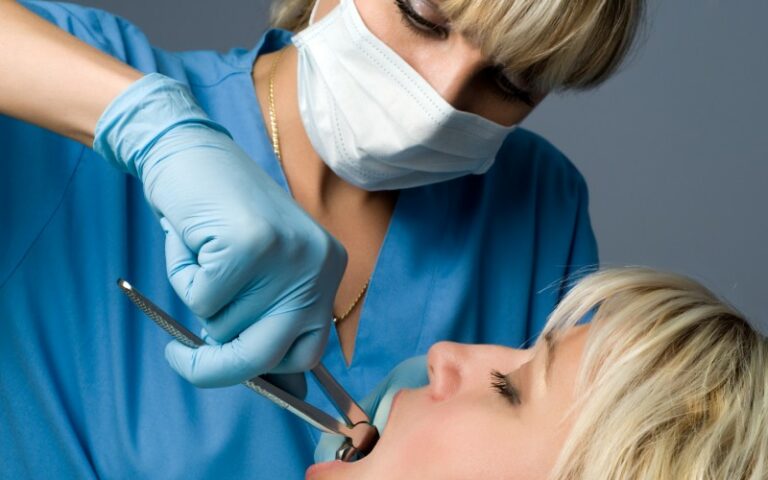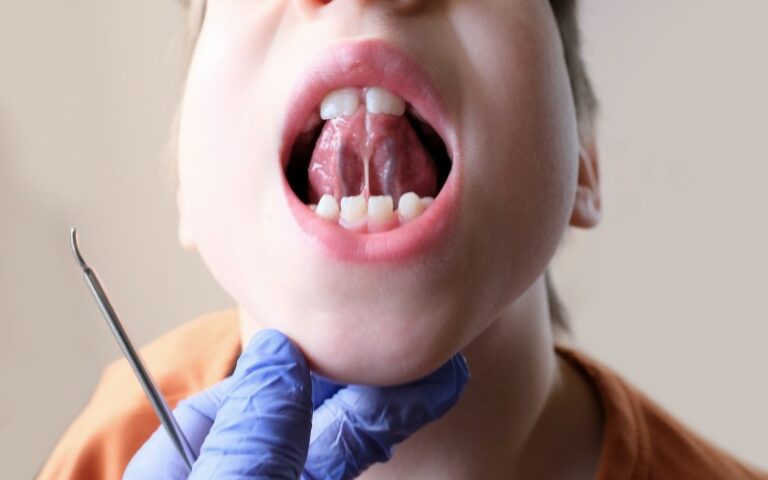Perhaps you had a particularly irritating commute home from work, and you realize at the end that your jaw was clenched tight the entire time. Or maybe you grind your teeth when you are nervous or anxious about an upcoming business meeting. Most people grind their teeth from time to time, but it’s important to recognize the signs and symptoms of chronic tooth grinding. Known as bruxism, this condition can lead to oral health problems and dental issues later.
Signs and symptoms of bruxism
- Your partner might complain about the fact that you grind your teeth while you sleep. People who grind their teeth on a regular basis often do so during the night, and aren’t necessarily aware it is happening. However, your partner will more than likely notice if you develop this condition. If he or she mentions that it happens often, you might want to contact our team at Century Stone Dental.
- You may experience a persistent and unexplained headache if you grind your teeth too often. You may not realize why you have this headache, because you are not aware of the fact that you have been grinding your teeth.
- Your jaw will more than likely become sore if you suffer from bruxism. If you wake up in the morning and have any discomfort in your jaw, you might have spent the night grinding your teeth. Our team can give you tips and advice for managing bruxism.
While many people associate their teeth grinding with stress, it actually is caused more often by crooked teeth, an overbite, or an under bite. If left untreated, bruxism can lead to a variety of complications, including dental injuries, hearing loss, and the onset of TMD. If you think that you might be a chronic tooth grinder, it might be time to set up an appointment at our Hamilton dental office in order to find out which treatment options are available to you. In the meantime, visit the Mayo Clinic for more information on teeth grinding.
No matter your age, dental condition, and if you have a million questions, Dr. Sims can assist you or your young children in a professional manner and loves answering any of your questions or concerns. Dr. Sims grew up in Grimsby playing basketball, so he’s always up for talking about the Raptors! He’s also a football fan - go Buffalo Bills! In his free time, if he’s not watching a basketball game or football game, you’ll likely find him working out, cooking (got any new recipe ideas?), and of course, spending time with his amazing family.
- Tongue Tie Surgery: Medical or Dental? Your Complete Guide - February 28, 2024
- What to Eat After Tooth Extraction - January 16, 2024
- What Medical Professionals Treat Tongue Tie? - January 5, 2024











